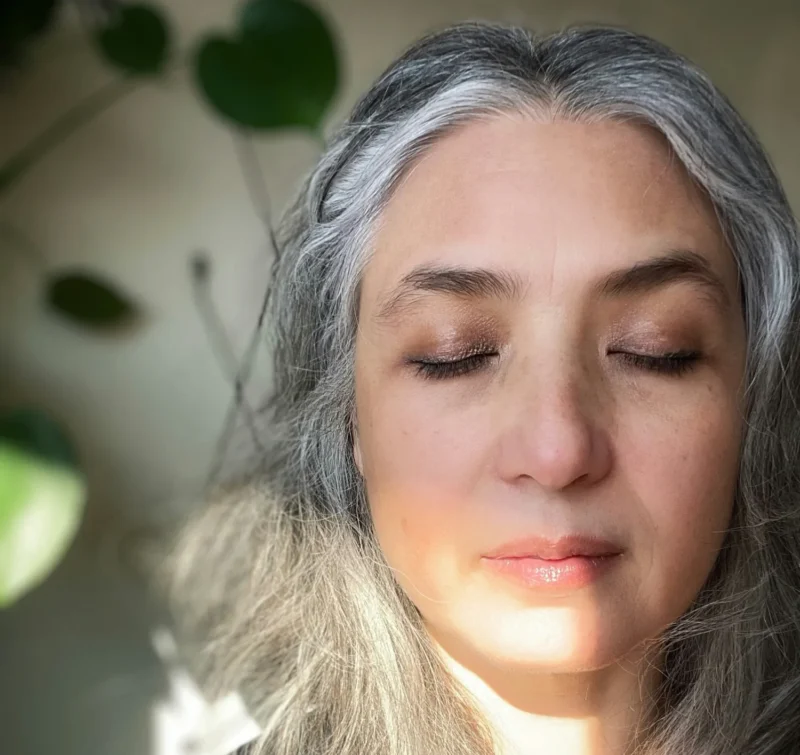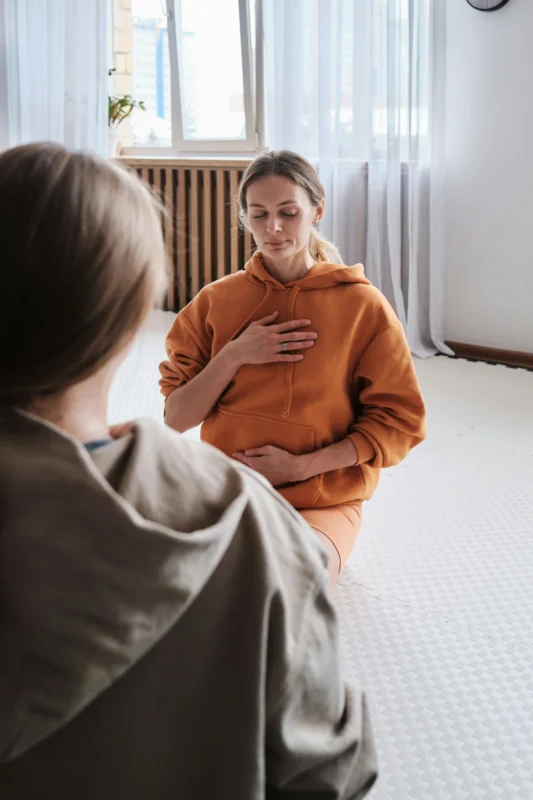
Understanding self esteem
Broadly speaking, self-esteem is your general opinion about yourself. This involves feelings and beliefs about your worth, abilities, achievements, strengths and weaknesses. Exactly what self-esteem is, or its value, is a matter of debate. One thing most people agree on, is that it’s unhelpful to have low self-esteem.
Symptoms of low self esteem
Self-esteem is closely related to numerous other concepts. Self-worth, self-belief, self-respect, self-acceptance, self-love, self-care, self-awareness, self-consciousness, self-doubt, self-centredness, selfishness, self-pity, self-loathing. Each of these concepts interact with and inform self-esteem. They are all relevant to our relationship with our internal self.
Self–esteem can be specific or general. Specific self–esteem is acknowledging that you have a strength or skill in a particular domain. General self–esteem is a broader sense of being a good, valuable or moral person.
Low self–esteem is commonly associated with feelings of shame, worthlessness, incompetence, guilt, embarrassment, self-loathing, pessimism, a negative worldview and general life dissatisfaction.
Other symptoms of low self–esteem include:
- Feeling overwhelmingly self-conscious, and avoiding socialising or other opportunities
- Putting yourself down or criticising yourself often
- Lacking motivation
- Feeling guilt or responsibility for events or situations beyond your control
What causes low self-esteem?
It’s not uncommon for people to feel low self–esteem at various times in life. This often happens after a major setback or perceived failure, such as job loss or a relationship breakdown. It usually declines during periods of high stress or when things aren’t going according to plan.
Causes for low self-esteem might include:
- Difficulty adjusting to setbacks or perceived failures
- Struggling with finances, addiction, physical or mental health issues
- Bullying
- Surviving an abusive relationship or childhood
- Trauma including physical, emotional or sexual abuse
- Negative self-talk
Low self-esteem in relationships
The people we interact with can also influence our self–esteem, particularly in close relationships. People with low self-esteem sometimes pursue relationships with others who mistreat them, as it confirms core beliefs they hold about themselves. This perpetuates feelings of worthlessness. Experiences of excessive criticism and conditional love during childhood tend to contribute to low self-esteem. Low self-esteem tends to originate in adolescence and early adulthood, but our later relationships can help maintain these feelings and beliefs.
Increasing self-esteem
Self–esteem can be a difficult goal to aim for. It doesn’t appear to be strongly correlated with material wealth or achievements. Some people are able to acknowledge many positive qualities and life circumstances yet still have a generally low opinion of themselves.
It tends to increase as a result of other positive actions and developments. There are few known reliable paths to increasing self–esteem. Self–esteem tends to be a by-product of how we relate to others, how we spend our time, the values we hold and the extent to which we live in accordance with them.
People whose self–esteem is tethered to external factors or temporary circumstances may run into trouble at some point. More fixed, essential parts of ourselves such as personality traits and deeply-held core values, are sturdier foundations on which to base self-esteem. Relying upon the validation and praise of others is also unreliable, as they cannot fundamentally change our relationship with our internal self.
How Seed Psychology can help you
The highly trained and experienced psychologists at Seed Psychology can help you to improve self–esteem by developing new cognitive skills and coping strategies. Our psychologists use client-focussed, evidence-based psychological treatments such as Cognitive Behavioural Therapy (CBT) and Acceptance and Commitment Therapy (ACT) to assist you in identifying unhelpful patterns of thinking and behaviour. We can help you to build assertiveness, confidence, resilience and increase your awareness of your own strengths and abilities. We will use these psychotherapeutic techniques to help you to build self-compassion, increase self-esteem and regain your mental health and wellbeing.
Through connection,
change is possible
Our compassionate team at Seed Psychology is here to help you regain your wellbeing and navigate life’s challenges with greater confidence and clarity. Connect with us to book an appointment with a psychologist in our Brunswick clinic or via telehealth Australia-wide.
Available resources
Meet our amazing team of therapists
Our diverse team of psychologists offer individual, couples, and online therapy, as well as assessments. Beyond their expertise, they bring humanity and care, providing respectful, affirming support tailored to each person’s unique experience.
Freqeuently asked questions
-
You do not need a referral to see a Psychologist at Seed Psychology. However, if you’d like to claim a Medicare rebate, you will need a Mental Health Care Plan (MHCP) from your GP. With a MHCP, you may be eligible for rebates on up to 10 sessions per calendar year. These sessions can be used at any psychology clinic of your choice. To access Medicare psychology rebates, book an appointment with your GP and ask for a Mental Health Care Plan. Most referrals begin with 6 sessions, with the option to access 4 more after a review. Referrals can also be provided by a psychiatrist or paediatrician.
-
Yes, we offer in person sessions at our Brunswick East practice and secure online appointments. Our online services make it easy to connect with your Psychologist from anywhere, offering flexibility without compromising on care. Whether you attend in person or online, you’ll receive consistent, high-quality support.
-
To book an appointment, simply use our booking form, or call our client care team on 9388 8113.
-
Our goal is to make mental health care approachable, inclusive, and clear—so you always know what to expect.
Individual Therapy Sessions
- Private clients (no referral): $255 – $285
- Clients with a MHCP: $230 – $285
- Medicare rebates: $96.65 – $141.85 per session (depending on the clinician)
- Private clients (no referral): $255 – $285
-
At Seed Psychology, your safety and wellbeing are our highest priorities. While we are here to support you through regular therapy sessions, we are not a crisis service and may not be available outside of scheduled appointments. If you or someone you care about is in immediate danger, experiencing a mental health crisis, or needs urgent support, it’s important to seek help straight away through the appropriate emergency or crisis services. You can find a list of trusted organisations and services here that can provide immediate support when you need it most.











